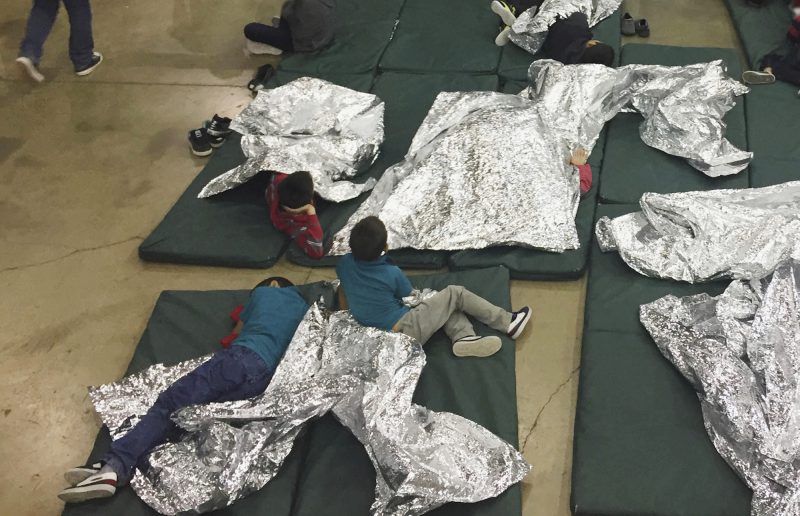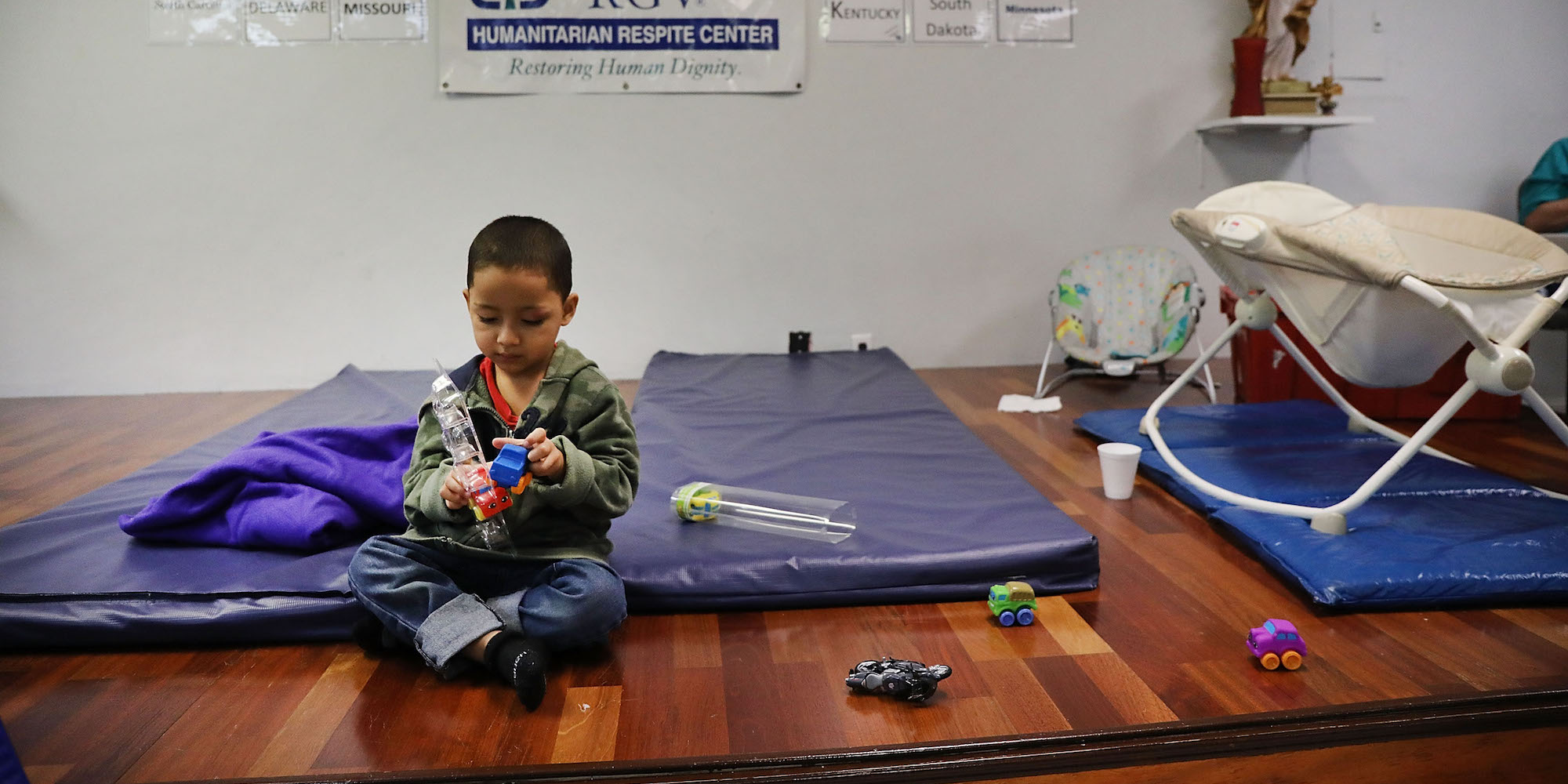- Migrant families who were separated from one another by the Trump administration are encountering chaos and red tape while trying to reunite.
- The parents and children were placed in the custody of completely separate government agencies – and it’s unclear whether those agencies share information with one another.
- Parents are afraid for their children’s health and safety.
- Lawyers and advocates say many parents have been unable to locate their kids, let alone speak with them.
After the Trump administration halted its practice of separating migrant children from their parents at the US-Mexico border, thousands of families who have already been separated are now trying to navigate through a murky series of government agencies with no clear reunification system in place.
President Donald Trump signed an executive order on Wednesday halting family separations under his administration’s “zero tolerance” policy. But notably, the order made no mention of how it would reunite the roughly 2,300 children the government says have been split from their parents since May. Trump said Thursday he had directed government agencies to do so.
The government said Thursday that 500 migrant families have been reunited since May, but lawyers and immigration advocates say there’s still no coherent process for family members trying to locate one another, much less a plan to reunite them.
“There are families that cannot reach the children; they cannot find the children at all,” Archi Pyati, the chief of policy at the Tahirih Justice Center, a legal advocacy organization, told Business Insider.
The Office of Refugee Resettlement "that is holding the child is making efforts to make that impossible," Pyati said.
Migrant parents and children who were separated at the border were placed in the custody of completely separate government agencies - and it's unclear whether those agencies share information with one another.
Parents were taken by the US Marshals for criminal prosecution, then often transferred to the Immigration and Customs Enforcement agency, while their children were placed in the care of the ORR within the Health and Human Services department, which transferred them to shelters and foster families across the US.
HHS told Business Insider in a statement that it was still "awaiting further guidance" on how to implement Trump's executive order.
One legal aid group, the Texas Civil Rights Project, told The Washington Post it is assisting more than 300 parents and has tracked down just two children so far.
The confusion has left parents frantic, Pyati said. She said she knew of one mother who was devastated because she didn't know whether her child was being given necessary epilepsy medication, or how to find out. She told of another father who was distraught because he couldn't find out whether his child was being shackled and treated like a criminal, like he was.
"It's an administrative process of red tape unlike anything else, and when you're talking about a parent who's desperate to find her child, that is not what you want that parent to have to endure just to be reunited with their child," Pyati said. "At this point it's very unclear how and when families are going to be reunited."
'I don't know what would have happened to her'

One notable exception is 6-year-old Alison Jimena Valencia Madrid, a Salvadoran girl whose voice was heard in a leaked audio recording from a Border Patrol detention facility persistently asking officials to let her phone her aunt in Houston.
The recording, obtained by ProPublica, also featured the sobs of other detained children while a Border Patrol official joked, "We have an orchestra here." It went viral on Monday, stoking nationwide outrage over the treatment of detained children desperate for their parents.
Madrid was separated from her mother when the pair crossed the US-Mexico border on June 13, ProPublica reported. She has a major advantage over the other young children in government custody: She memorized her aunt's phone number.
"My mommy says that I'll go with my aunt," Madrid can be heard pleading, "and that she'll come to pick me up there as quickly as possible."
Madrid's aunt told ProPublica that when she heard Madrid's voice in the recording, "I threw myself out of bed and fell on my knees."
"I thanked God that she remembered the number. If not, I don't know what would have happened to her," she said.
Listen to Madrid beg officials for a phone call:
But many other children lack Madrid's advantage - not only are they bereft of phone numbers for any US relatives, many are also so young they can't speak or don't know details that would help locate their parents, like their full names or birth dates.
And while immigration authorities have set up a hotline parents can call for assistance tracking down their children, many of the parents remain detained and have limited access to phones.
Even the tiniest error from Customs and Border Protection officers could be the difference between a family being reunited or separated indefinitely, said Liz Willis, the program manager for the Urban Justice Center's Asylum Seeker Advocacy Project.
For instance, if CBP staff made an typo when they wrote down migrants' names during processing, their children or other relatives won't be able to find them through the online detainee locator.
"The detainee locator, it often isn't right, or people don't have the number to look people up," Willis said. "It's very opaque, it's really difficult for families who are waiting for other family members to arrive to find adults who have been put into the system. It takes a long time for them to show up."

